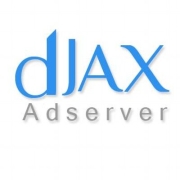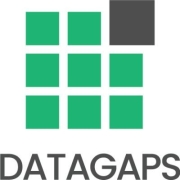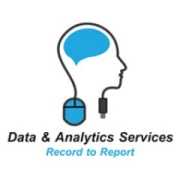Data Management Platforms serve as the backbone for managing and analyzing vast amounts of data, helping organizations make informed decisions through audience segmentation and targeting.
Data Management Platforms collect, organize, and activate diverse data sets from online and offline sources. By integrating data from first, second, and third parties, they create comprehensive profiles for audience targeting, which can significantly improve advertising efficiency and personalization. Advanced platforms offer the ability to connect with demand-side platforms for better ad placement and results.
What are the critical features of this solution?In the retail industry, DMPs help personalize shopping experiences through shopper data analysis. For media companies, they optimize ad placements and viewer targeting using comprehensive audience profiles. Financial services use DMPs to better understand customer needs through detailed insights.
Data Management Platforms are essential for organizations aiming to enhance data-driven strategies and customer engagement through optimized data use and refined audience targeting.
| Product | Market Share (%) |
|---|---|
| Palantir Foundry | 25.2% |
| Informatica Intelligent Data Management Cloud (IDMC) | 14.1% |
| Cloudera Data Platform | 6.2% |
| Other | 54.5% |




































DMP solutions enhance audience targeting by consolidating data from various sources, such as your CRM system, social media, and online interactions. By creating detailed audience segments, you can tailor your marketing campaigns to specific groups. This improved targeting helps you reach the right individuals at the right times, increasing the effectiveness of your marketing efforts and maximizing return on investment.
What role do DMP solutions play in cross-channel marketing?DMP solutions play a crucial role in cross-channel marketing by integrating data from multiple platforms and channels, such as email, social media, and display advertising. This integration allows you to create a unified view of your audiences, ensuring consistency in messaging across all touchpoints. DMPs help you coordinate your marketing efforts, deliver personalized experiences, and track customer interactions across channels, leading to a seamless brand experience.
How do DMPs integrate with existing martech stacks?DMPs integrate with existing martech stacks by serving as a conduit between various marketing technologies. They connect with analytics tools, CRM systems, and advertising platforms to bring together disparate data sources. This integration enables you to have a comprehensive understanding of customer behavior, optimize campaigns based on real-time insights, and enhance decision-making processes within your marketing ecosystem.
What are the privacy implications of using DMP solutions?When using DMP solutions, you must consider privacy implications, as these platforms handle vast amounts of personal data. It is essential to ensure your DMP complies with data protection regulations like GDPR or CCPA. Implementing privacy-first practices, such as obtaining user consent and anonymizing data, safeguards user privacy and fosters trust with your audience while utilizing data for insights and targeting.
How can DMP solutions improve personalization in marketing?DMP solutions improve personalization by enabling you to build comprehensive customer profiles based on aggregated data. By analyzing user behavior, preferences, and demographics, DMPs allow you to deliver tailored content and offers. This level of personalization enhances user engagement, as customers receive relevant and timely communications, then leading to increased conversion rates and brand loyalty.